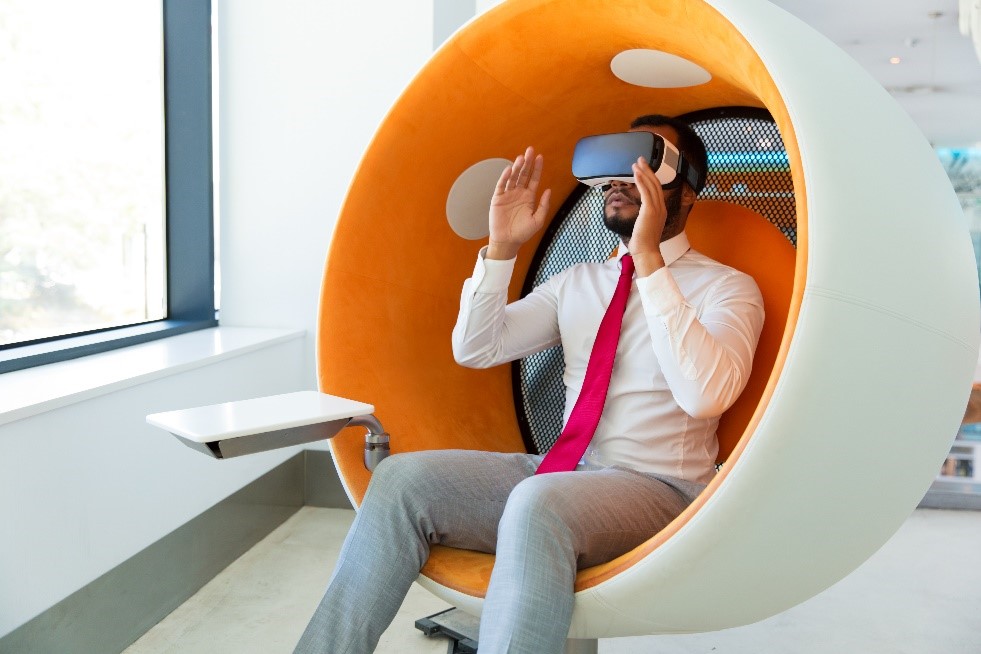A vast number of resources is available today to science educators. As technology and social circumstances advance science education methods require alterations on a much regular basis. Abiding by national or international curricula whilst adapting to crashing changes in our technological and social systems is the main issue when it comes to making a course plan for the upcoming semester. So, the aforementioned wide range of resources can be a friend or foe.
High-school education takes notice on preparing the pupils for higher level education. The curricula proposed by certificate programs such as International Baccalaureate-Diploma Program (IB-DP) and Advanced Placement (AP) are well-known and accepted by reputable universities worldwide. IB-DP and AP provide a list of prescribed practical work or investigation list for each subject because acquiring practical skills is crucial for developing empirical knowledge and enhancing theoretical knowledge through kinesthetic learning. Learning outcomes offered by this empirical approach facilitates a fast adjustment to university level education, research groups, and potential industrial applications because the principles of basic techniques and laboratory safety is already impressed upon the young scientists.
Global social-distancing induced by the pandemic aided web-based education and forced the instructors to find extraordinary solutions to traditional teaching techniques and empirical face-to-face settings. Initially it was hardly easy to pique a student’s interest through online-education because the ambience of the classroom and the laboratory is of importance when it comes to teaching and classroom management. The physical learning environment encompasses a psycho-emotional character as well. Online demonstration of an experiment through a web-camera, sending an experiment video link, delivering home-made experiment kits were all tried out during this period. Yet, all proved to be inadequate.

Transforming theory into practice by serious games is an alternative to the priorly identified inadequacy. The flight training simulators are one of the first examples of serious video games, dating back to 1990s. They showed an effective capacity for learning.[1] So, Today, we encounter it in training in almost every area of expertise. The benefits of virtual environment in learning are extensively studied by many. Leonardou et al. show how (video) game-based learning combined with an integrated learning management system (LMS) supported the learning process and promoted increased motivation.[2] In another study “enhanced engagement and motivation, interactive asynchronous distance learning, a safe learning environment, and the advantage of stealth assessment” were pointed out as key strengths of serious video games made for dental education.[3] These findings prove the effectiveness of simulation-based trainings. To integrate this state-of-the-art learning tool to middle school, high school and university level education, the software companies started providing a gamified version of laboratory experience called as virtual labs. In other words, a gamified learning process is achieved by video game with a laboratory setting ruled by experimental and theoretical data. End-product would also help institutions to cut back on the temporal, financial, and environmental costs arisen by education laboratory practices.[4]
VRLab Academy supplies experiments in congruence with IB-DP, AP, NGSS (Next Generation Science Standards), GCSE (General Certificate of Secondary Education), AS (Advanced Subsidiary) and A (Advanced) levels to enable the outcomes of their prescribed practicals, investigations or performance expectations. There are also experiments specifically designed for middle-schools. If you would like to get started on LMS supported serious video game-based education, book a demo!
[1]https://doi.org/10.1207/s15327876mp0402_1
[2] https://doi.org/10.3390/computers10050065
[3] https://doi.org/10.3390/computers10040042